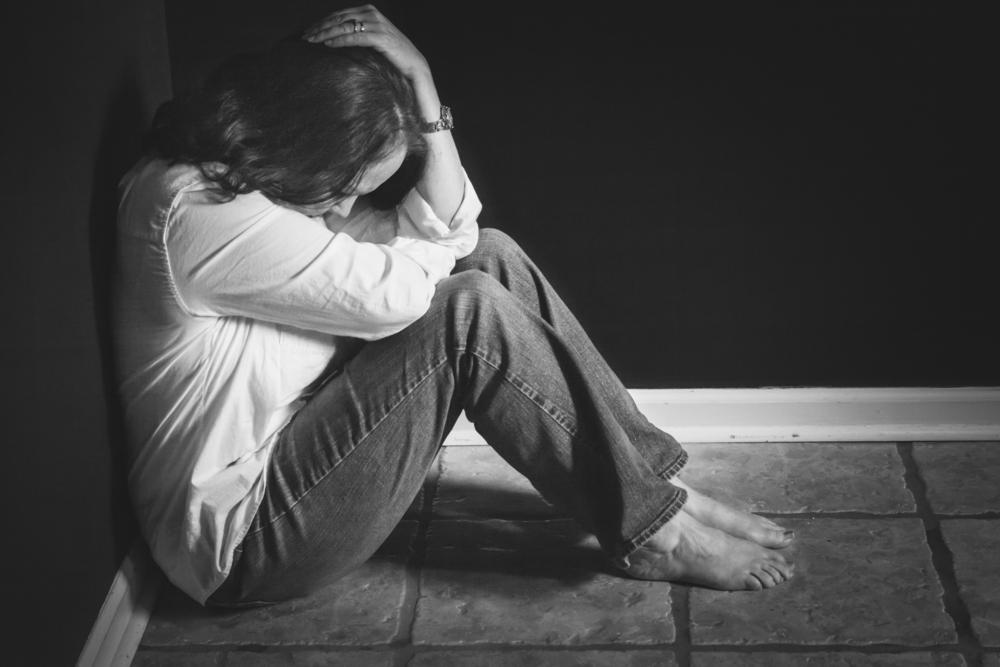Important Facts Regarding Anxiety Disorders
Anxiety disorders can be defined as a mental state in which a person experiences fear from some particular situation. It often happens that those suffering from anxiety disorders feel intense fear at a certain period of time. At times, anxious feelings create a damaging influence on a person’s mental health. Different types of anxiety include generalized anxiety disorders, agoraphobia, selective mutism, and social anxiety. If not detected and treated at the right time, it can result in severe health issues.
Causes of anxiety disorders
Physicians and researchers have till now not understood the actual cause behind anxiety; however, on the basis of anxiety disorder cases, they have pointed out certain causes of anxiety include traumatic events or certain inherent causes.

- The occurrence of a health issue can result in anxiety. It is often found that anxiety turns out to be one of the symptoms of any medical illness
- Some of the health problems that might trigger anxiety include diabetes, hyperthyroidism, or respiratory problems
- Personality can also have an effect on anxiety; there are certain kinds of personality who remain prone to anxiety disorders
- Intake of substances or alcohol leads to anxiety
Details regarding symptoms
Anxieties are of different types and symptoms for each of these types have been specified below:
Panic disorder
Those with a panic disorder can experience sudden triggers of fear, and along with it, they might face the following problems:
- Difficulty in breathing or choking
- Increasing rate of heartbeats
- Unable to keep control over their fear or anger
- Trembling
Generalized anxiety
In this type of anxiety, an individual gets afraid of holding a social interaction or get anxious regarding their work issues. Some of the symptoms include
- Fatigue
- Muscle ache
- Feeling irritable
- Getting restless
- Lack of concentration power
- Insomnia
Phobia
It is a state of health when a person becomes afraid of some particular things. Phobia can be specific or driven by social anxiety. Those who have a phobia will experience the following symptoms:
- Whenever they come in close contact with the feared object they become intensely anxious.
- They may live with the feeling that feared object or situation might appear again.
- To prevent their fear, a person will try to take some active steps.
Treatment options for preventing anxiety
Anxiety disorders can be treated with medications, therapies and natural remedies. This section of the study is going to throw significant light on three of these treatment options.
Medication
Medical science has discovered a wide range of medicines that could allow patients to relieve their symptoms.
- Anti-anxiety medications are available in the market; they are quite effective in treating anxiety disorders. Buspirone is one such anti-anxiety medication that is largely recommended by the physicians.
- Beta-blockers with other sedatives can also be suggested by some doctors. However, it is meant to give only short-term benefits.
Therapy
Therapy can be another crucial treatment option left to the patients, which will surely give those results devoid of any side effects.
- Cognitive behavioral therapy brings changes in the state of mental health through certain skills.
- Exposure therapy is known to expose people to the feared object so as to make them efficient enough to fight with their fear.
Natural remedies
Have a look at some of the natural remedies to treat your anxiety in a more effective way.
- Exercise is perhaps the best way to keep your emotional as well as physical health in good condition.
- One needs to stop unhealthy habits like smoking or drinking.
- Caffeine often leads to chronic anxiety disorders and so it should be avoided.

